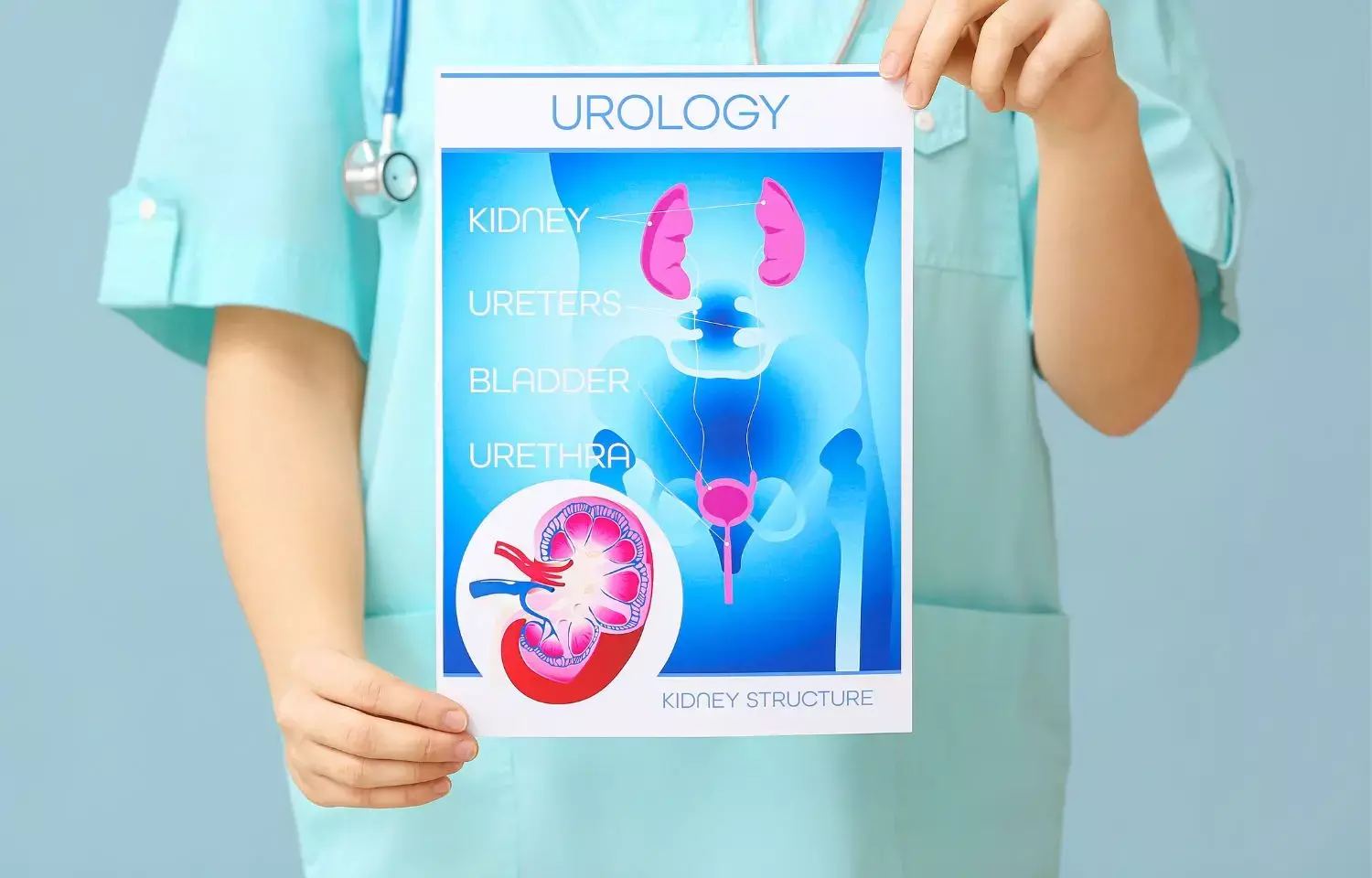- Home
- Medical news & Guidelines
- Anesthesiology
- Cardiology and CTVS
- Critical Care
- Dentistry
- Dermatology
- Diabetes and Endocrinology
- ENT
- Gastroenterology
- Medicine
- Nephrology
- Neurology
- Obstretics-Gynaecology
- Oncology
- Ophthalmology
- Orthopaedics
- Pediatrics-Neonatology
- Psychiatry
- Pulmonology
- Radiology
- Surgery
- Urology
- Laboratory Medicine
- Diet
- Nursing
- Paramedical
- Physiotherapy
- Health news
- Fact Check
- Bone Health Fact Check
- Brain Health Fact Check
- Cancer Related Fact Check
- Child Care Fact Check
- Dental and oral health fact check
- Diabetes and metabolic health fact check
- Diet and Nutrition Fact Check
- Eye and ENT Care Fact Check
- Fitness fact check
- Gut health fact check
- Heart health fact check
- Kidney health fact check
- Medical education fact check
- Men's health fact check
- Respiratory fact check
- Skin and hair care fact check
- Vaccine and Immunization fact check
- Women's health fact check
- AYUSH
- State News
- Andaman and Nicobar Islands
- Andhra Pradesh
- Arunachal Pradesh
- Assam
- Bihar
- Chandigarh
- Chattisgarh
- Dadra and Nagar Haveli
- Daman and Diu
- Delhi
- Goa
- Gujarat
- Haryana
- Himachal Pradesh
- Jammu & Kashmir
- Jharkhand
- Karnataka
- Kerala
- Ladakh
- Lakshadweep
- Madhya Pradesh
- Maharashtra
- Manipur
- Meghalaya
- Mizoram
- Nagaland
- Odisha
- Puducherry
- Punjab
- Rajasthan
- Sikkim
- Tamil Nadu
- Telangana
- Tripura
- Uttar Pradesh
- Uttrakhand
- West Bengal
- Medical Education
- Industry
Gut microbes differ in men with prostate cancer and those with benign hypertrophy

Researchers have found a significant difference in the gut microbiota of men with prostate cancer, compared with those who have benign biopsies. The finding could partly explain the relationship between lifestyle effects and geographical differences in prostate cancer.
The study has been presented at the European Association of Urology annual congress (EAU22), in Amsterdam.
Gut microbiota are the collection of microbes in the gastrointestinal tract and they affect processes and mechanisms in the body. The state of gut microbiota has been linked to many conditions, even in organs that are far from the intestines, but their role in prostate cancer is not understood.
Professor Peter Bostrom and colleagues at the University of Turku used samples collected from patients on a prospective multi-centre clinical study (NCT02241122). They sequenced the gut microbiota of 181 men who were suspected to have prostate cancer and undergoing prostate cancer diagnostics. The microbiota samples were collected at the time of their prostate biopsies after MRI scans.
Sixty percent of the men were diagnosed with prostate cancer, and their gut microbiota profiles were significantly different to those who had benign biopsies. The men with cancer had increased levels of Prevotella 9, members of the family Erysipelotrichaceae, and Escherichia-Shigella, a pathogen that causes diarrhoea. They also had lower levels of Jonquetella, Moryella, Anaeroglobus, Corynebacterium and CAG-352 than men without.
Professor Bostrom says: "There are significant variations in prostate cancer rates around the world, which could be due to genetic factors or differences in healthcare policies, but also variance in lifestyle and diet. The difference in gut microbiota between men with and without prostate cancer could underpin some of these variations. More research is needed to look at the potential for using gut microbiota for both diagnostic and preventive strategies."
Prostate cancer is the most common male cancer globally, but varying rates in different parts of the world are little understood. It is common in most Western countries and less common elsewhere. Though it is known to be hereditary, there is evidence that men who emigrate from low to high incidence areas have increased risk of prostate cancer in their lifetimes, and their offspring have the risk of the high incidence region.
Reference:
Sofia Kalinen, Teemu Kallonen, Marianne Gunell, Otto Ettala, Ivan Jambor, Juha Knaapila, Kari T. Syvänen, Pekka Taimen, Matti Poutanen, Claes Ohlsson, Hannu J. Aronen, Helena Ollila, Sami Pietilä, Laura L. Elo, Tarja Lamminen, Antti J. Hakanen, Eveliina Munukka, Peter J. Boström, the Multi-IMPROD Study group doi: https://doi.org/10.1101/2021.08.19.21262274
Dr Kamal Kant Kohli-MBBS, DTCD- a chest specialist with more than 30 years of practice and a flair for writing clinical articles, Dr Kamal Kant Kohli joined Medical Dialogues as a Chief Editor of Medical News. Besides writing articles, as an editor, he proofreads and verifies all the medical content published on Medical Dialogues including those coming from journals, studies,medical conferences,guidelines etc. Email: drkohli@medicaldialogues.in. Contact no. 011-43720751


